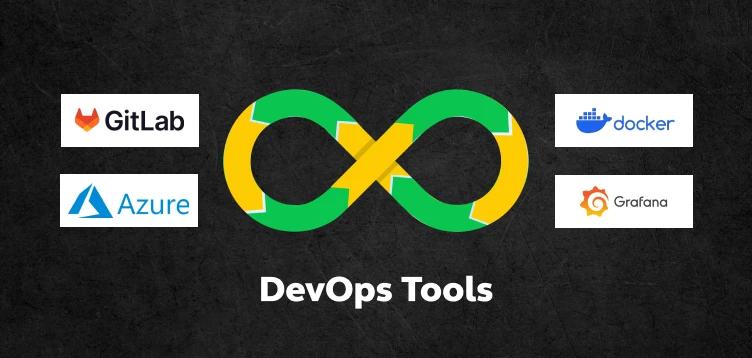
A DevOps Engineer must be aware of the latest trends, the tech industry follows. You should also look for the best tools and technologies to be used when working on a project. A new set of DevOps tools has emerged as the game-changers, propelling teams towards better efficiency and innovation.
In this blog, let’s delve into the 10 best DevOps tools that you must master this year. These DevOps tools provide the best features you could use in your project. Every DevOps engineer must be aware of these tools to get started with their project. Let’s have a look
Table of contents
- 10 Best DevOps Tools to Master in 2025
- Jenkins
- Docker
- Kubernetes
- Git
- Ansible
- Terraform
- Prometheus
- Grafana
- Jira
- Splunk
- Wrapping Up
- FAQs
- Q1. Which tools are best for DevOps?
- Q2. Is Kubernetes a DevOps tool?
- Q3. Which DevOps tool is in demand?
- Q4. What role does Puppet play in the DevOps toolchain?
10 Best DevOps Tools to Master in 2025
Let’s read about the 10 best DevOps tools that you must master this year, and which help DevOps engineers in completing their tasks efficiently:
1. Jenkins
Jenkins is an open-source automation server that facilitates building, testing, and deploying code. It is widely used in software development for continuous integration and continuous delivery (CI/CD). You must also try working on some of the DevOps platforms where you’ll learn about its best features and build some great products.
Features of Jenkins:
- Automation of Jobs
- Integration with Version Control Systems
- Extensibility
- Distributed Builds
- Wide Range of Plugins
- Easy Configuration
- Monitoring and Logging
2. Docker
Docker is a platform that enables developers to automate the deployment of applications inside lightweight, portable containers. Containers are a form of virtualization that packages an application and its dependencies together, ensuring consistency across various environments.
Features of Docker:
- Containerization
- Isolation
- Portability
- Efficiency
- Versioning and Rollbacks
- Docker Hub
- Docker Compose
3. Kubernetes
Kubernetes is an open-source container orchestration platform that automates the deployment, scaling, and management of containerized applications. It provides a robust framework for running and coordinating containerized workloads across a cluster of machines.
Features of Kubernetes:
- Container Orchestration
- Automated Scaling
- Service Discovery and Load Balancing
- Self-healing
- Rolling Updates and Rollbacks
- Declarative Configuration
- Multi-cloud and Hybrid Cloud Support
4. Git
Git is a distributed version control system widely used in software development for tracking changes in source code during the development process. Git tracks change in source code over time, allowing developers to work collaboratively and maintain a history of changes.
Features of Git:
- Version Control
- Distributed System
- Commits
- Branches
- Merging
- Remote Repositories
5. Ansible
Ansible, the Configuration Management Virtuoso, automates configuration management, application deployment, and task automation. Its agentless architecture and simple syntax make it a go-to tool among DevOps tools for managing infrastructure as code, providing a seamless experience for DevOps teams.
Features of Ansible:
- Agentless Architecture
- Simple YAML Syntax
- Declarative Language
- Idempotence
- Parallel Execution
- Extensibility
- Inventory Management
6. Terraform
Terraform is an open-source Infrastructure as Code (IaC) tool developed by HashiCorp. With its declarative configuration files, Terraform allows teams to define and provision infrastructure effortlessly, bringing agility to infrastructure management.
Features of Terraform:
- Infrastructure as Code (IaC)
- Declarative Configuration Language
- Multi-Cloud Provisioning
- Resource Graph
- Execution Plans
- State Management
7. Prometheus
Prometheus is an open-source monitoring and alerting toolkit designed for reliability and scalability. It is widely used in the field of cloud-native and containerized applications. This open-source toolkit scrapes and stores time-series data, offering insights into application performance and infrastructure health.
Features of Prometheus:
- Time-Series Data Model
- Pull-Based Model
- Multi-Dimensional Data Model
- Powerful Query Language (PromQL)
- Service Discovery
8. Grafana
Grafana is an open-source analytics and monitoring platform that integrates with various data sources to provide powerful and customizable dashboards, charts, and alerts. Originally designed for visualizing time-series data, Grafana has evolved into a versatile tool for creating interactive and shareable dashboards.
Features of Grafana:
- Data Source Agnostic
- Dashboard Creation
- Plugins and Extensions
- Alerting and Notifications
- Templating
- Annotations
9. Jira
Jira is a widely used project management and issue-tracking tool developed by Atlassian. It provides a flexible and customizable platform for teams to plan, track, and manage their work efficiently. DevOps teams leverage its features for issue tracking, project management, and seamless collaboration, streamlining workflows and enhancing productivity.
Features of Jira:
- Issue Tracking
- Customizable Workflows
- Project Management
- Agile Support
- Custom Fields and Screens
- Dashboards and Reporting
Learn More: Do You Know The DevOps Syllabus? [Updated 2025]
10. Splunk
Splunk is a powerful and widely used platform for searching, monitoring, and analyzing machine-generated data. It is designed to process and visualize data from various sources, providing insights into system and application performance, security events, and business analytics.
Features of Splunk:
- Data Collection
- Search and Analysis
- Real-Time Monitoring
- Dashboards and Visualization
- Indexes and Data Retention
- Field Extractions and Transformations
Kickstart your career by enrolling in GUVI’s DevOps Course where you will master technologies including Linux, Git, AWS, etc., and build interesting real-life DevOps projects.
Alternatively, if you want to explore AWS infrastructure through a Self-paced course, try GUVI’s AWS Infrastructure certification course.
Wrapping Up
Mastering these DevOps tools in 2025 is not merely a choice but a strategic necessity for staying ahead in the competitive software development landscape. Whether it’s automation, containerization, or monitoring, each tool plays a pivotal role in crafting a robust and efficient DevOps pipeline. As we navigate the complexities of modern development, these DevOps tools stand as pillars, supporting innovation and driving success.
Also Read: What to learn to become a DevOps engineer?
FAQs
Ans. Some of the best DevOps tools are:
1. Ansible
2. Docker
3. Kubernetes
4. Jenkins
5. Git
Ans. Kubernetes is the most popular container orchestration platform, and has become an essential tool for DevOps teams. Application teams can now deploy containerized applications to Kubernetes clusters, which can run either on-premises or in a cloud environment.
Ans. The DevOps tool which is in demand are:
Jenkins
Ansible
Chef
Gradle
Git
Nagios
Ans. Puppet, the Configuration Automation Maestro, specializes in automating the configuration and management of IT infrastructure. With its declarative language and agent-based architecture, Puppet ensures consistency and efficiency in diverse environments.




















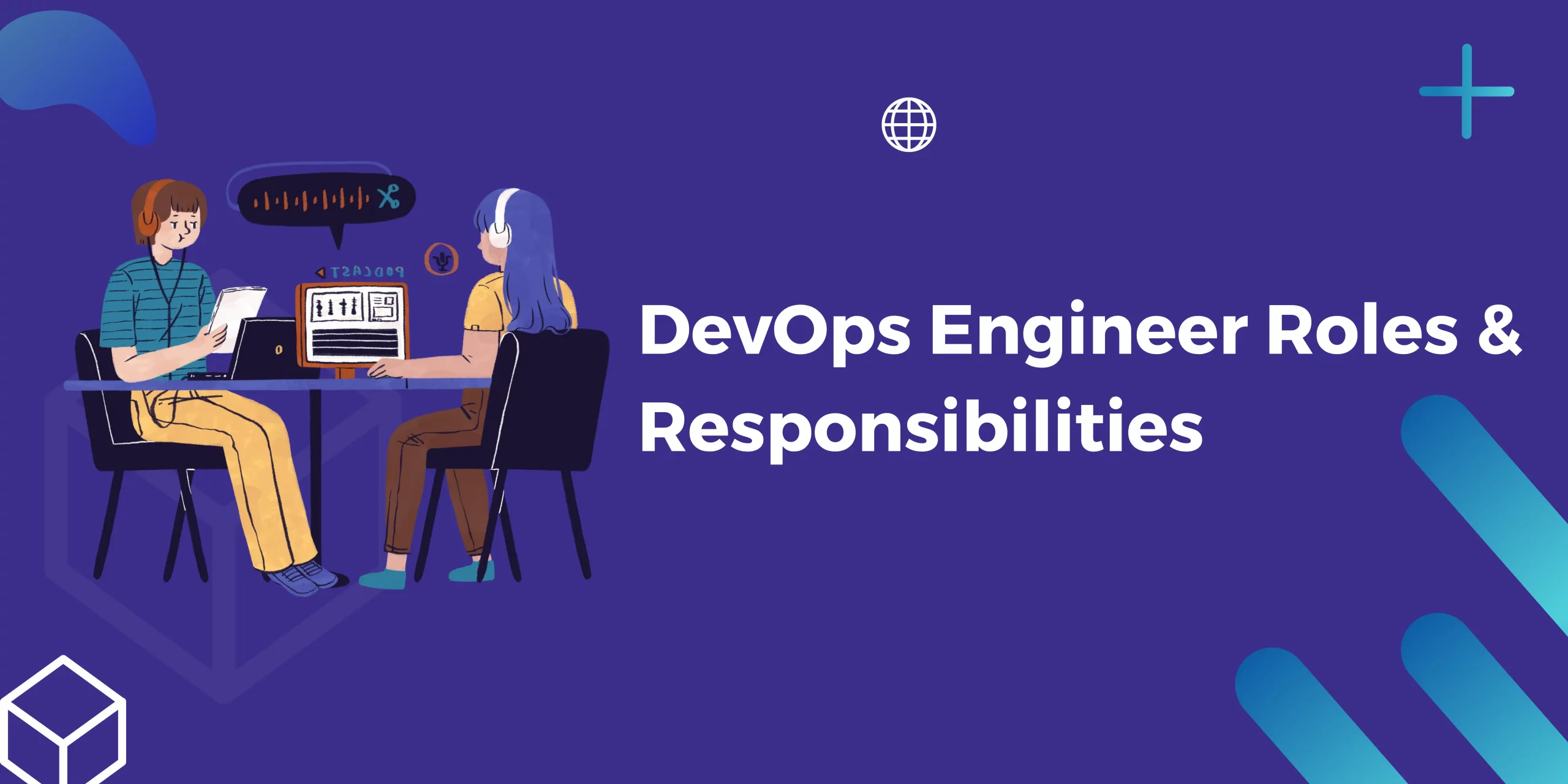
![Top High-Paying Non-Coding Jobs in DevOps [2025] 3 Non-Coding Jobs in DevOps](https://www.guvi.in/blog/wp-content/uploads/2023/11/Top-10-Non-Coding-Jobs-in-DevOps.png)

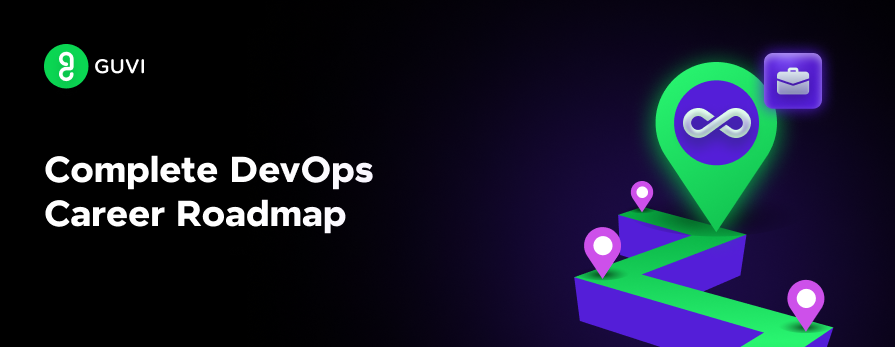

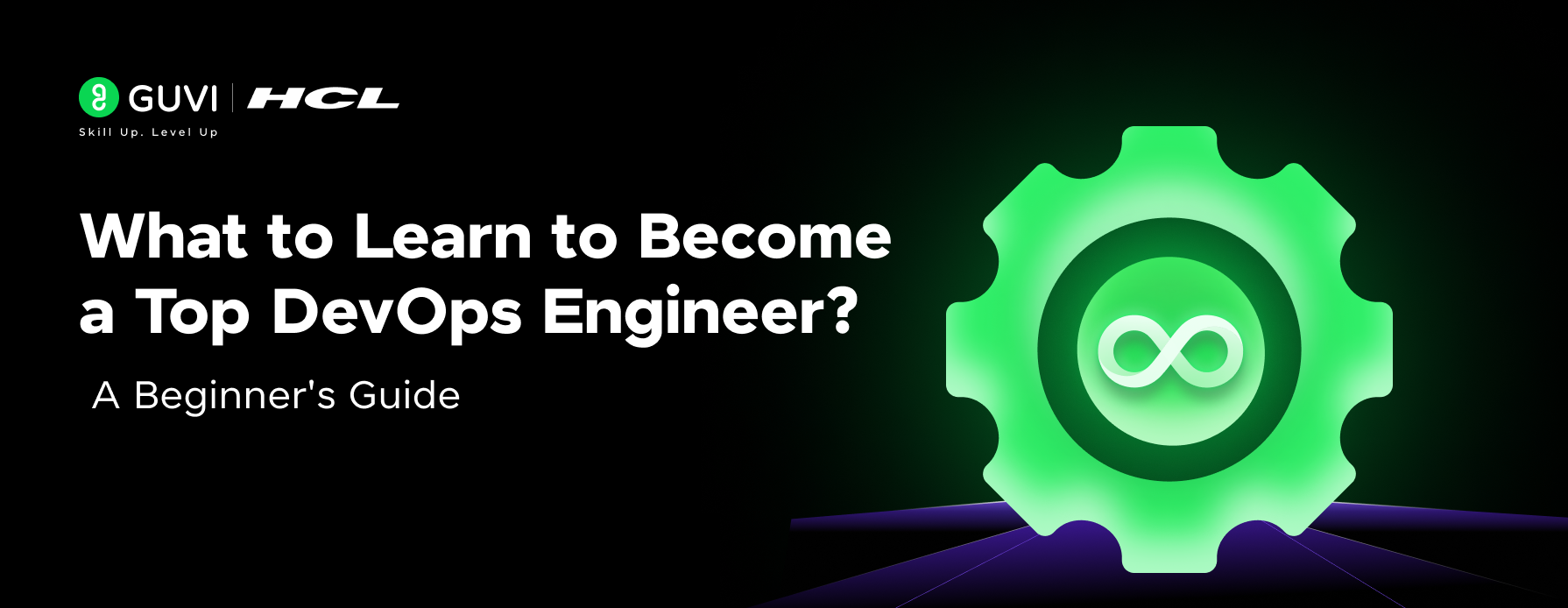

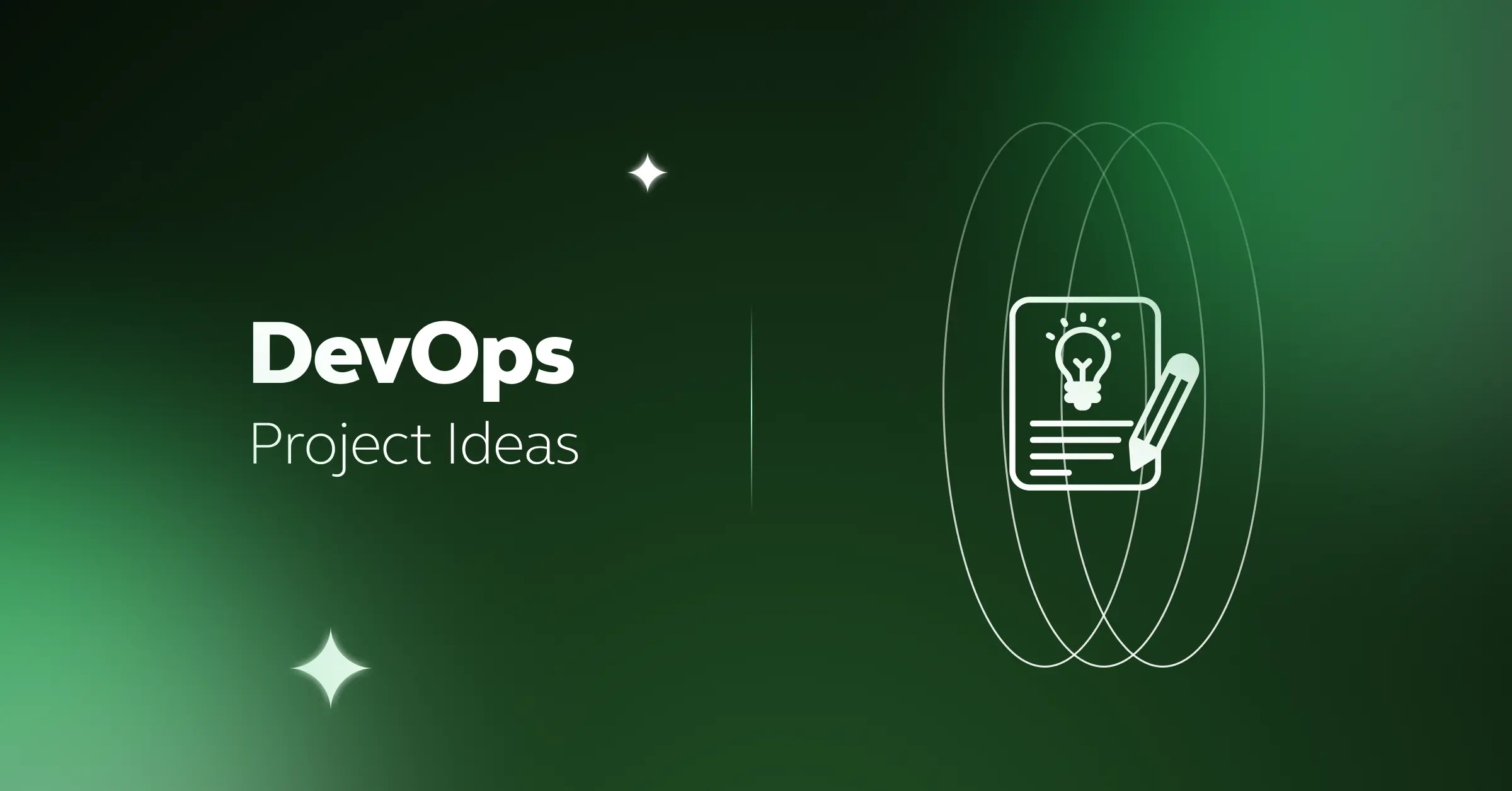
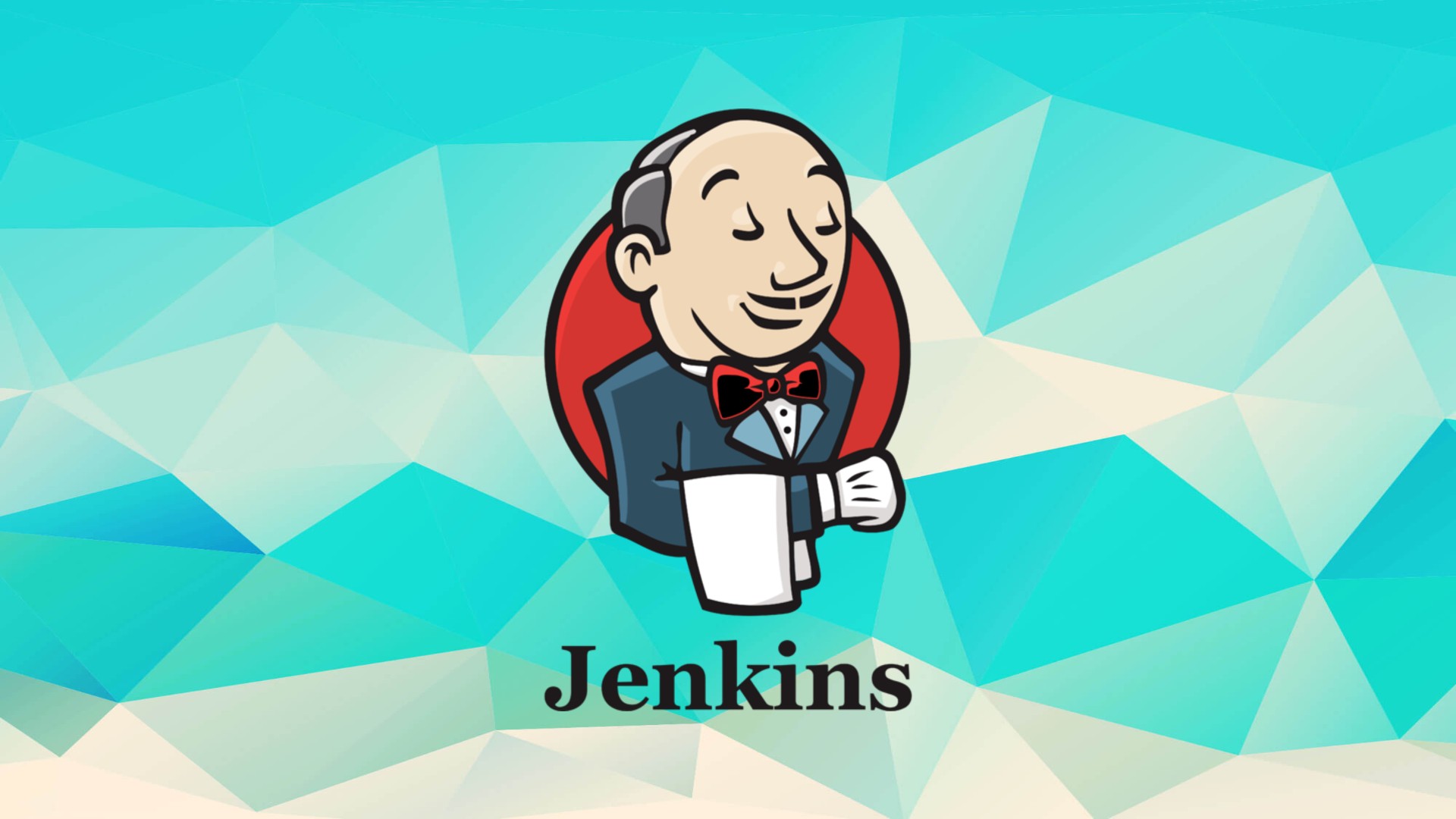

Did you enjoy this article?